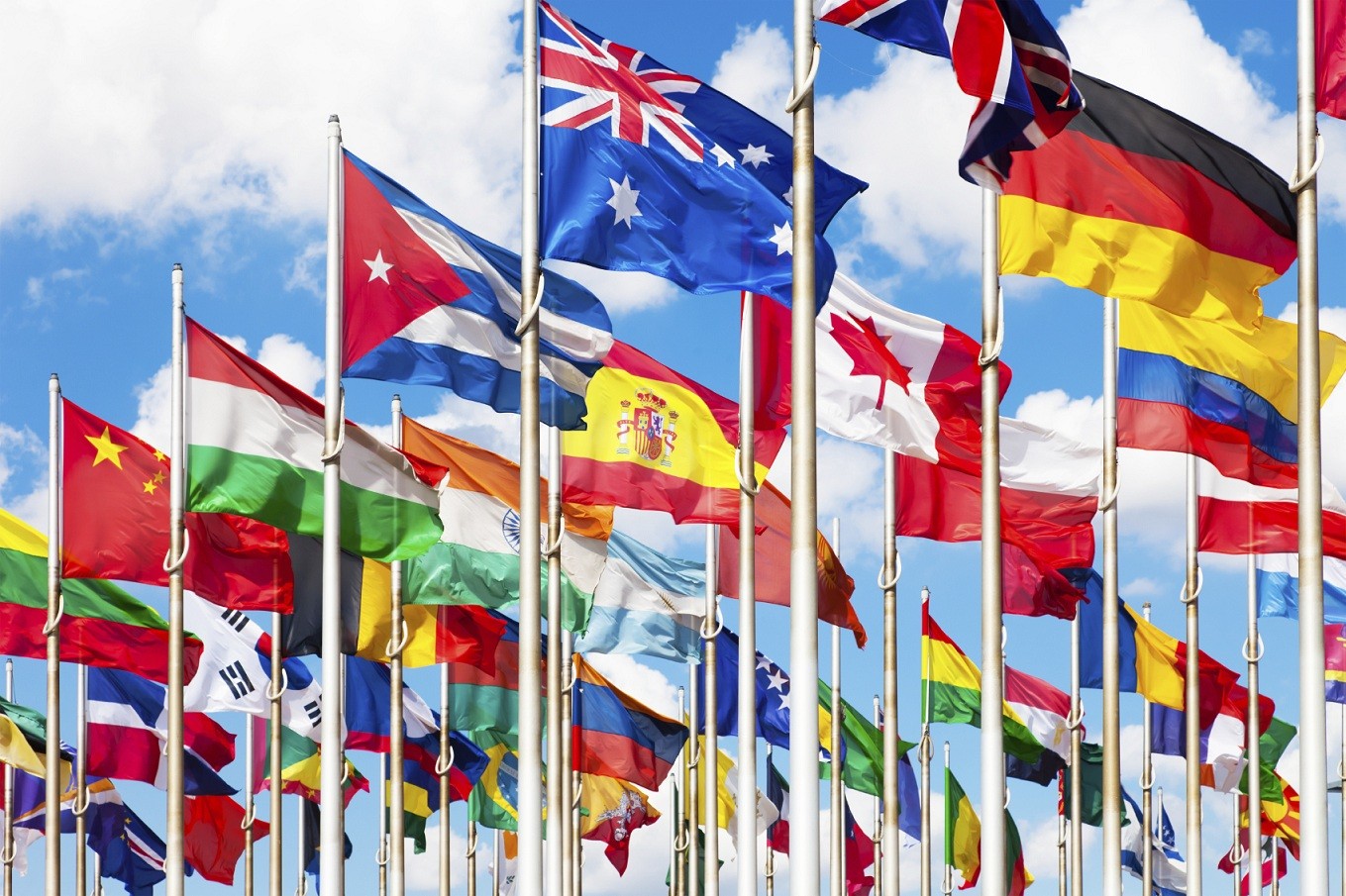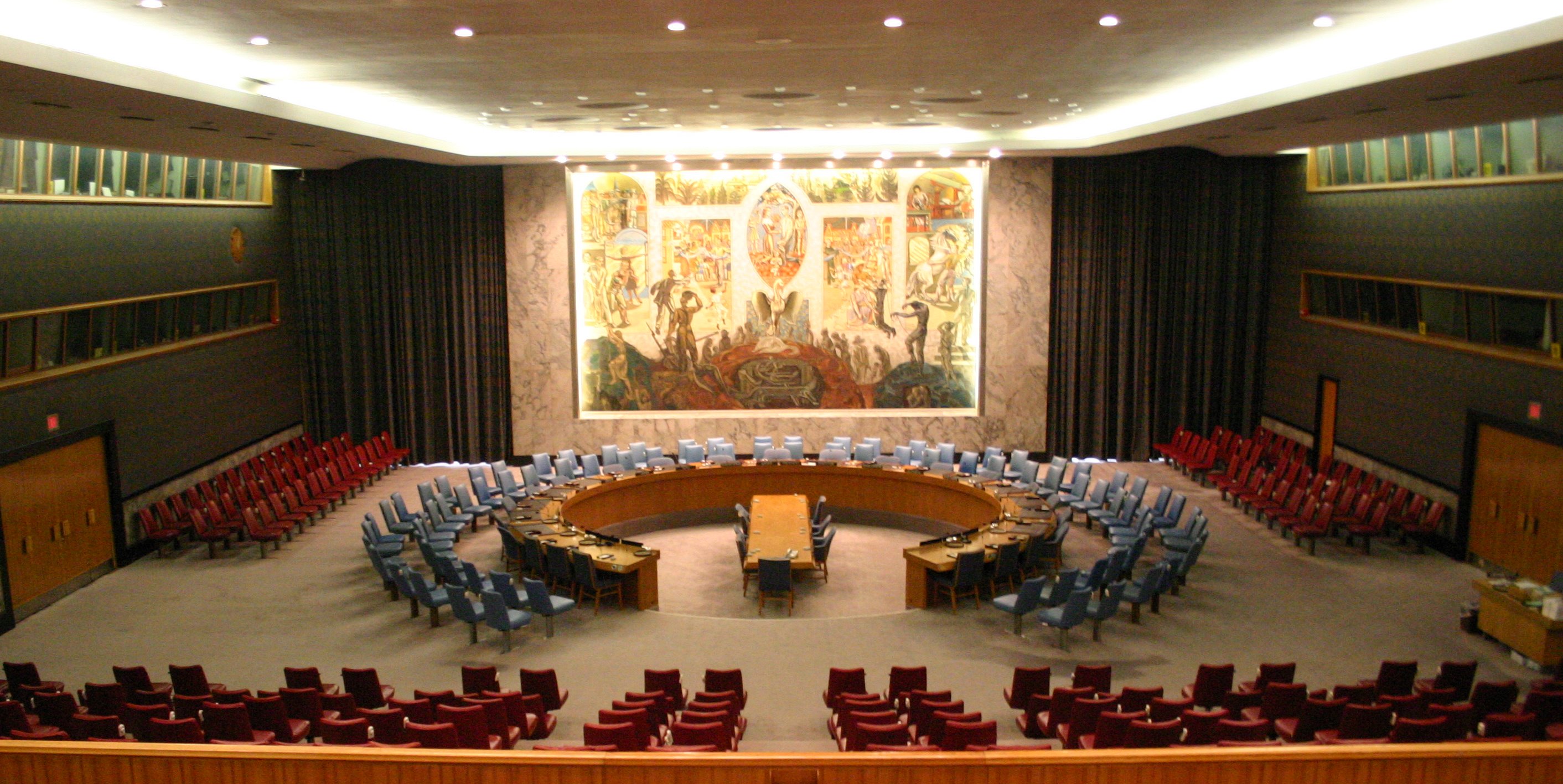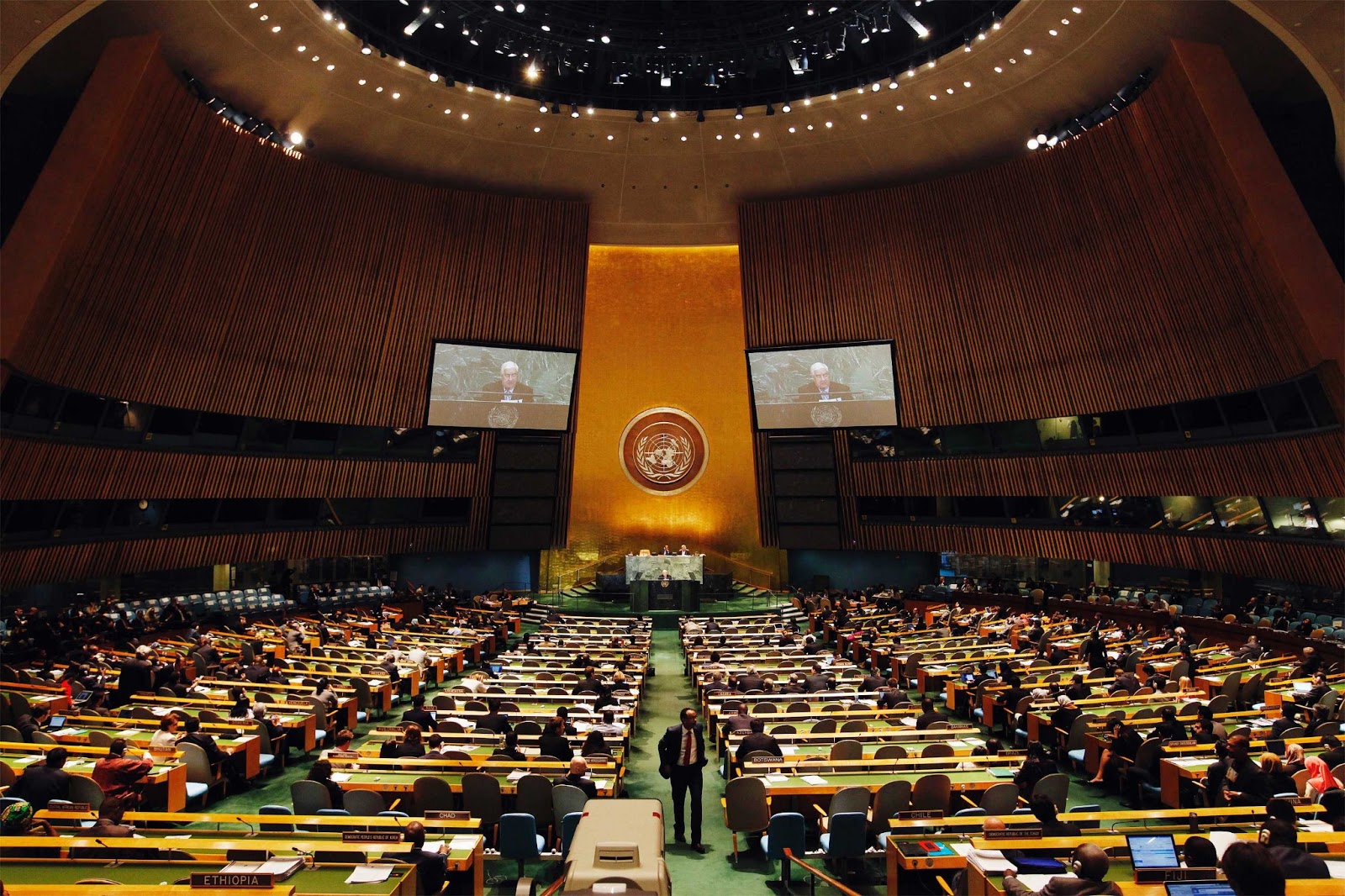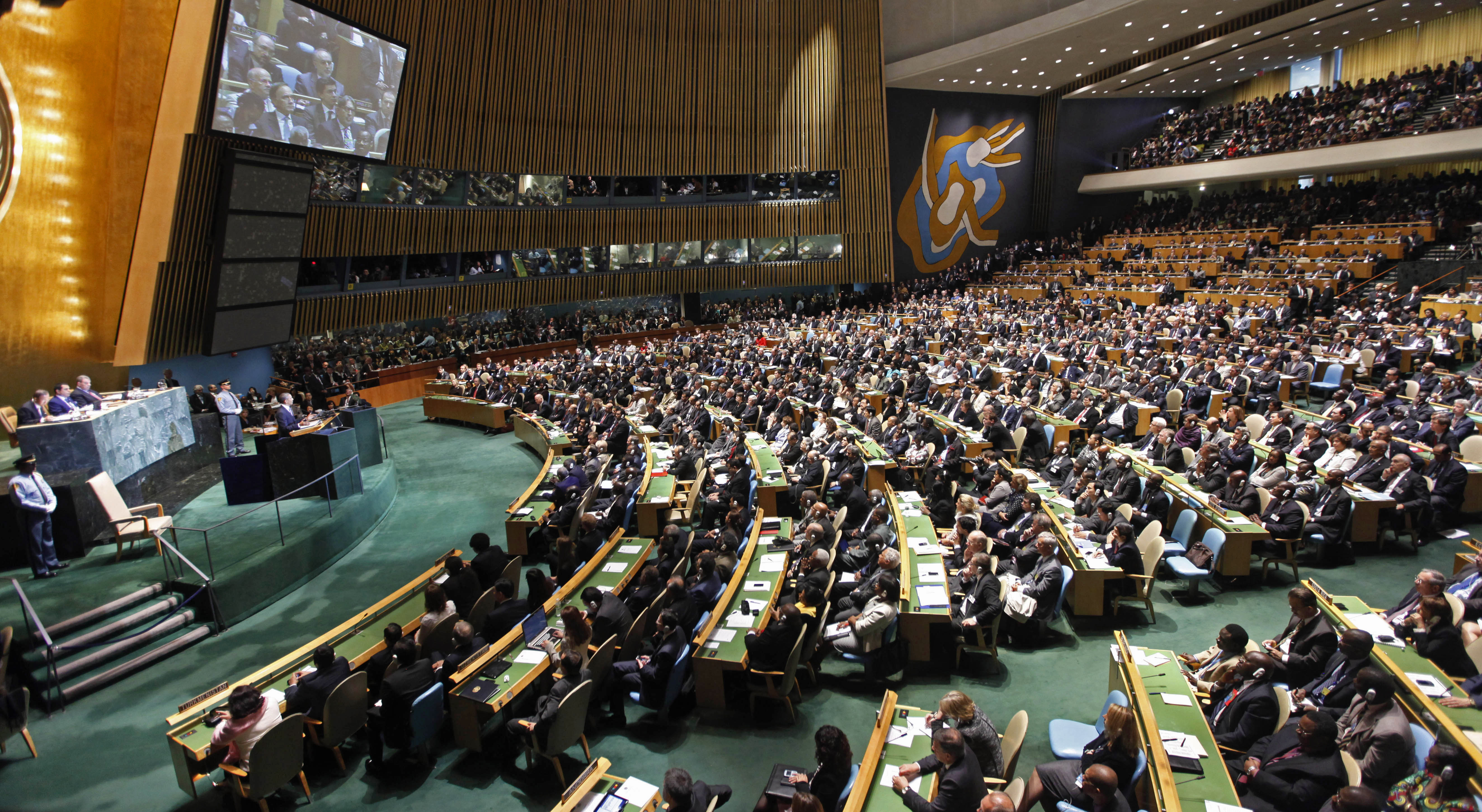Higher domestic food prices are a major driver of food insecurity, especially for poor households whose incomes are stagnant or declining. Countries that already faced protracted food crises before the COVID-19 pandemic and the war in Ukraine have been the most affected by the recent food price increases.
SDG #8: Decent work and economic growth

The inevitability of preparing for a future with an older population adds to the urgency with which countries need to improve how they prepare young people for the jobs of today and the future. Without a large boost in labour productivity, the potential economic benefits due to an influx of young workers will remain unrealized at the scale needed for such a future.

Microchips are central to modern industries, ranging from consumer goods, industrial production to national defence. While chip supply shortages, notable during the pandemic, have now largely eased, this has been uneven across user sectors.

Medium-term growth prospects are clouded by scarring from the pandemic, the ever-worsening impact of climate change, and structural macroeconomic challenges, such as anaemic investment and mounting debt vulnerabilities.

The world economy is in the doldrums, with weak economic growth, stubborn inflation and rising interest rates in the major developed economies clouding the near-term economic outlook. Legacy effects of the COVID-19 pandemic, the protracted war in Ukraine, exacerbating effects of climate change are impeding a rebound of global growth.

As we enter May 2023, the global economic situation remains highly uncertain amid an extraordinary confluence of recent shocks that have affected countries across the world.

2023 Monitoring Reports for Angola, Bangladesh, Bhutan, Lao PDR, Nepal, São Tomé and Príncipe, Solomon Islands, Vanuatu

Taking account of future population trends in national development planning is essential for achieving the Sustainable Development Goals, in particular, those related to poverty, food security, health, education, gender equality, decent work, inequality, urbanization and the environment, and for ensuring that no one is left behind.

The demographic transition, including decreased fertility and child dependency, brings opportunities to boost the human capital of young people and adults alike.
 Welcome to the United Nations
Welcome to the United Nations